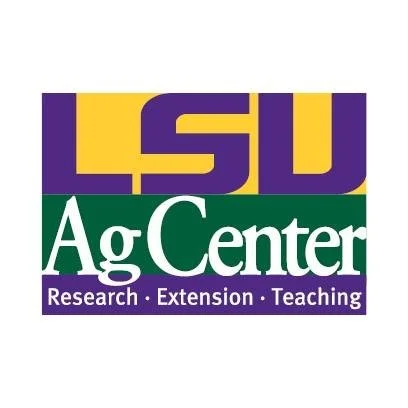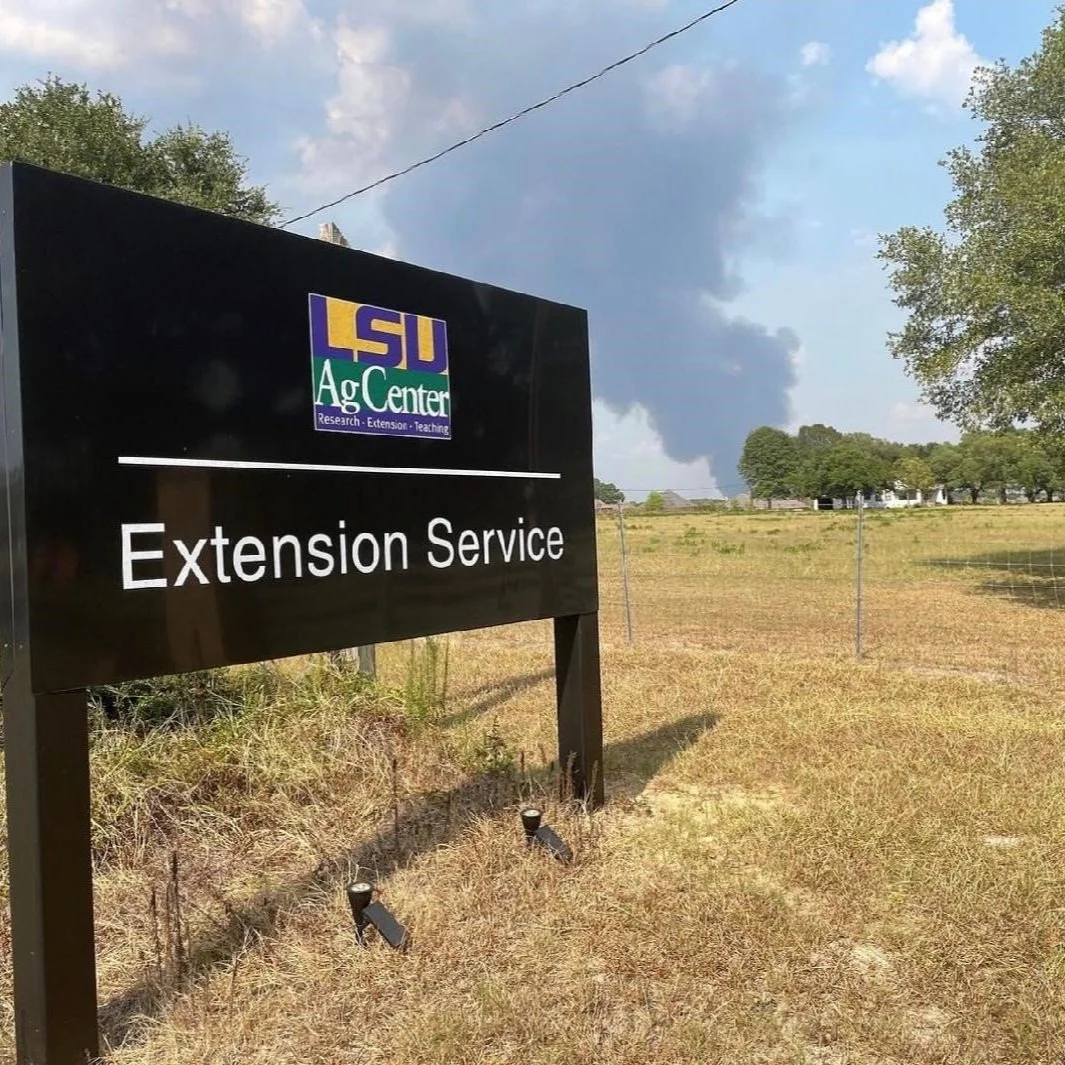Unmanned aircraft, also known as drones, have several uses in farming operations. One use that continues to increase is the application of pesticides and plant growth regulators. Drones can apply crop products precisely in areas where aircraft travel is difficult. There are regulations governing the use of drones in agriculture.
Read MoreLSU President William F. Tate IV embarked on a four-day whirlwind tour across Louisiana last week, connecting with communities and showcasing LSU's dedication to the state's future.
The Scholarship First Bus Tour focused on aligning the university's research with Louisiana's economic needs, as Tate met with students, alumni and industry leaders across several key communities in Louisiana from Oct. 15-18.
Read MoreAn agriculture expert says this year’s Louisiana sugarcane crop had great growing conditions although Hurricane Francine’s strong winds damaged some crops.
An estimated two million tons of sugar is expected to be produced from this year’s crops.
Read MoreThe LSU College of Agriculture Student Association hosted a pumpkin painting event Monday from 3:30 p.m. to 5 p.m. to connect students and spread the fall spirit as midterms wound down.
ASA’s mission is to represent LSU Agriculture students, guiding them through personal growth, good fellowship and networking to create a better career path for the students. The organization acts as the voice for the College of Agriculture students at LSU.
Read MoreThe LSU AgCenter Red River Research Station hosted the second annual Louisiana Homesteader’s Conference Oct. 11 and 12. The convention invited locals interested in homesteading to check out local vendors as well as hear from experts on topics surrounding farming and self-sufficiency.
Read MoreLSU students and alumni have created a new, AI-powered tool called FarmSmart that puts decades of LSU AgCenter research right under the green thumbs of Louisiana’s farmers. With a few clicks on their smartphones or computers, farmers and gardeners can quickly access actionable intelligence on how to best manage their crops and get rid of weeds.
Read MoreLouisiana experienced extremely dry summer and fall seasons in 2023. According to the National Integrated Drought Information System, the worst drought continued from June to late September in the southern U.S., including Texas, Louisiana and Mississippi. This has put a strain on quality forage production
Read MoreA strong autumn cold front has swept through delivering a real taste of fall.
Unfortunately, that front pushed through as a 'dry' front. Given the current state of dryness/drought across Louisiana, conditions after the frontal passage will set that stage for increased wildfire threats.
Read MoreAccording to the findings of the 2020 Local Food Marketing Practices Survey, American farmers produced and sold $9 billion worth of edible commodities directly to consumers, retailers, institutions and intermediaries. This represented a 3% increase in direct food sales since 2015, with 33% of this economic activity being the result of direct-to-consumer food sales.
Read MoreKids growing up on farms in southern Louisiana date themselves according to hurricanes and sugarcane variety releases, Louisiana State University sugarcane specialist Kenneth Gravois jokes. 2024 will be known as the year of Hurricane Francine, and hopefully only Francine, as sugarcane producers race tropical storm season to finish out harvest with minimal crop damage.
Hurricanes are not a new obstacle to sugarcane production. The very nature of a tropical crop both harvested and planted during hurricane season demands hardiness.
Read MoreAfter having been initially extended last year until the end of fiscal 2024, the 2018 Farm Bill has expired. Many are wondering what lies in store for both farm and nutrition programs? A Farm Bill that expires is not quite the aberration some would take it to be. When the 2002 Farm Bill expired, portions of it were extended six times in the spring of 2008 for less than a year in total, according to the Congressional Research Service (CRS).
Read MoreThe Golden Boot Giving Challenge is back again this year, as the LSU College of Agriculture takes on the University of Arkansas Dale Bumpers College of Agricultural, Food and Life Sciences to see who can get the most donations (# of donors, not dollars) next week leading up to the LSU/Arkansas football game.
Read MoreThe motto of Washington-Marion Magnet High in Lake Charles is “Forward. Onward. Upward.” And that is precisely how sophomore Armund Wilson lives his life.
Wilson’s infectious optimism has helped grow 4-H — an organization he once didn’t know much about — in his high school, his community and even nationally.
Read MoreCow-calf operations are the heart of Louisiana’s livestock industry. Cattle in this sector spend much of their lives grazing perennial and annual pastures, so high-quality forage is important.
Summer 2023 was one of the hottest and driest in recent memory. The drought took a major toll on crop production, and everyone from sugarcane farmers to cattle ranchers felt the effects.
Read MoreSoil pH indicates whether lime is required but not how much. Lime is needed if the target soil pH, which varies by crop, is 0.2 units higher than the actual soil pH.
Buffer pH indicates how much lime is required. Soils with low buffering capacity (high buffer pH) and a small difference between initial and target pH values require less lime. Conversely, soils with high buffering capacity (low buffer pH) need more lime, even for small pH adjustments.
Read More














